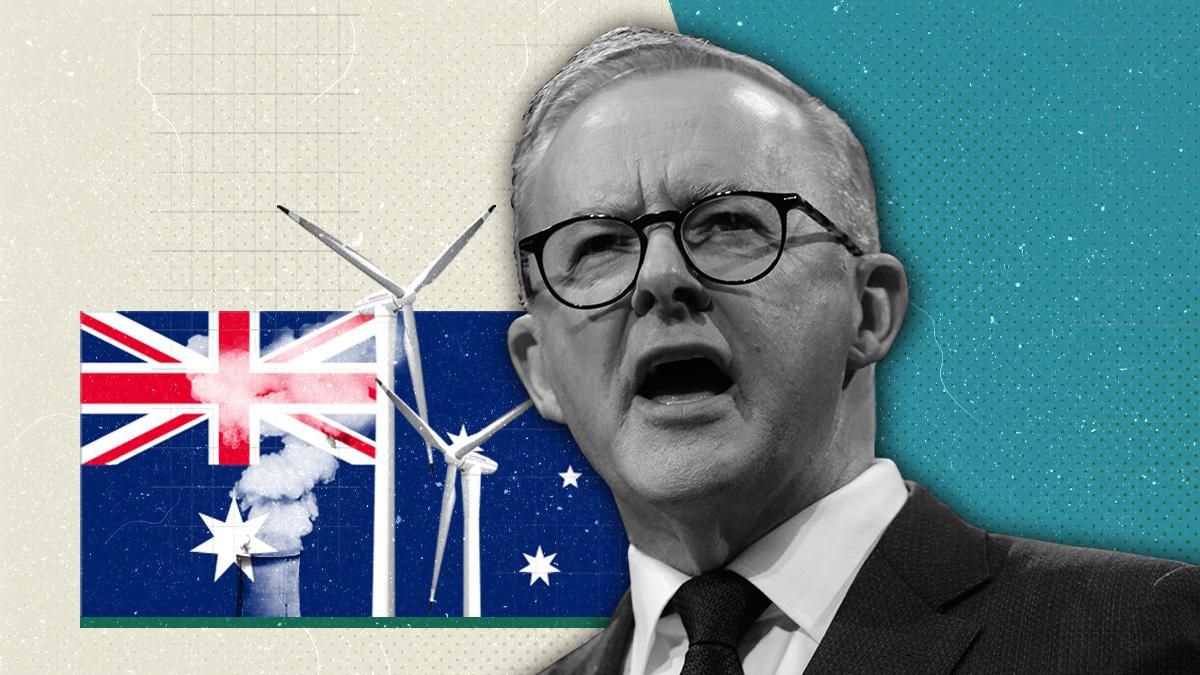What We’re Watching: Australia’s climate bill, Ukraine’s progress, Sweden’s election
Australia passes climate bill after a decade
The Australian parliament has passed its first piece of climate legislation in over a decade just months after Prime Minister Anthony Albanese of the center-left Labor Party came to power vowing to prioritize climate change mitigation efforts. The bill – supported by the Green Party and independents but not by former PM Scott Morrison’s Liberal Party – passed the Senate (and is all but assured to be passed by the lower house). It includes a commitment to slash greenhouse emissions by 43% from 2005 levels by the end of the decade. For context, the US emission reduction goal for 2030 is 50%, Canada’s is 40%, and the UK’s is 78% by 2035. Although the new target is an improvement from the former conservative government’s 26%, critics say the bill doesn’t go far enough to offset Australia’s large carbon footprint. Australia is the world’s second-largest exporter of coal and relies on coal for 75% of its electricity consumption. The Albanese government has notably not banned new coal and gas projects – lucrative Australian exports – which some say could make this 43% target hard to meet. Still, after years of government foot-dragging, many Aussies are hailing this progress four months after a general election that was seen in large part as a referendum on climate (in)action.
US sends more weapons to Ukraine
President Volodymyr Zelensky has worked hard to persuade Ukraine’s allies, particularly in Washington, that his country’s fighting forces are a good bet and a sound investment. For now, he has succeeded. US Defense Secretary Lloyd Austin announced on Thursday that the US will send Ukraine an additional $675 million in military supplies to help its forces repel Russia’s invasion. Included in the new package will be more “HIMARS,” the “High Mobility Artillery Rocket System” that Ukraine has already used to great effect against Russian targets. In addition, Secretary of State Antony Blinken said Thursday during a surprise stop in Kyiv that the US will send another $2 billion in long-term military support to Ukraine and 18 other countries threatened by Russia’s military. Total US help for Ukraine has now topped $13.5 billion. Austin noted that the US would put its money where its mouth is for the “long haul,” and Blinken argued that a Ukrainian counteroffensive in the country’s south was “proving effective.” Washington is also delivering a message to Russia: Don’t expect US military backing for Ukraine to end anytime soon.
